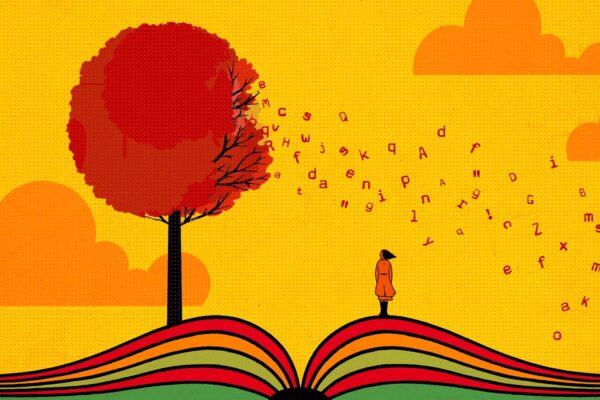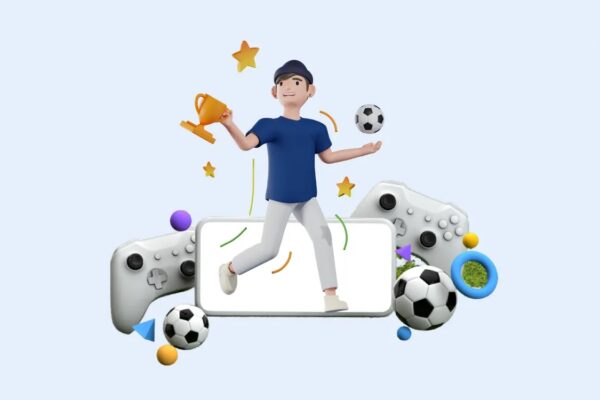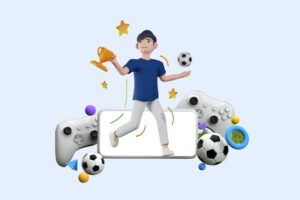As parents and caregivers of autistic children, it is essential to provide them with the necessary tools to improve their overall development. One such tool is music, which has been proven to be an effective means of improving cognitive, emotional, and social skills in individuals with autism. Piano lessons are one of the many ways to introduce music to autistic children. But are piano lessons worth learning for autistic kids? Let’s find out.
Understanding Autism and Its Effects on Learning
Before delving into the benefits of piano lessons for autistic kids, it’s crucial to understand what autism is and how it affects the learning process. Autism, or Autism Spectrum Disorder (ASD), is a neurodevelopmental disorder that affects social interaction, communication, and behavior. It is a lifelong condition that manifests differently in each individual, making it challenging to provide a one-size-fits-all approach to education.
Autistic individuals often have difficulty with sensory processing, communication, and social interaction, which can lead to challenges in learning. However, with the right tools and approach, children with autism can overcome these challenges and thrive academically and socially.
Benefits of Piano Lessons for Autistic Kids
- Improved Motor Skills
Playing the piano involves hand-eye coordination, fine motor skills, and finger dexterity. Autistic children who struggle with motor skills can benefit greatly from piano lessons. The repetitive nature of piano practice can help improve their coordination and dexterity over time.
- Enhanced Cognitive Skills
Studies have shown that learning to play an instrument can improve cognitive skills, including memory, attention, and language. Autistic children who struggle with these skills can benefit from piano lessons, which can help improve their ability to focus, remember information, and communicate effectively.
- Emotional Regulation
Music has been proven to have a positive effect on emotional regulation, reducing stress and anxiety levels in individuals. Autistic children who struggle with emotional regulation can benefit greatly from piano lessons, which can help them express their emotions through music and improve their overall emotional wellbeing.
- Improved Social Skills
Learning to play an instrument requires interaction with others, including teachers, peers, and audiences. Autistic children who struggle with social interaction can benefit from piano lessons, which can provide a structured and supportive environment to develop their social skills.
- Self-Expression
Playing the piano provides a means of self-expression, allowing children to express themselves creatively and develop their individuality. Autistic children who struggle with self-expression can benefit from piano lessons, which can help them communicate their thoughts and emotions in a non-verbal way.
Choosing the Right Piano Lessons for Autistic Kids
Not all piano lessons are created equal when it comes to teaching autistic children. It’s essential to choose a piano teacher who has experience working with autistic children and understands their unique needs. The teacher should be patient, supportive, and able to adapt to the child’s learning style.
It’s also important to choose a piano lesson that provides a structured and supportive environment. Private lessons may be preferable for children who struggle with sensory processing or social interaction, while group lessons may be more beneficial for children who need more social interaction.
Conclusion
In conclusion, piano lessons can be a valuable tool for autistic children, providing them with the opportunity to improve their motor, cognitive, emotional, and social skills. With the right approach and teacher, piano lessons can be an enjoyable and effective means of introducing music to autistic children, improving their overall development.








